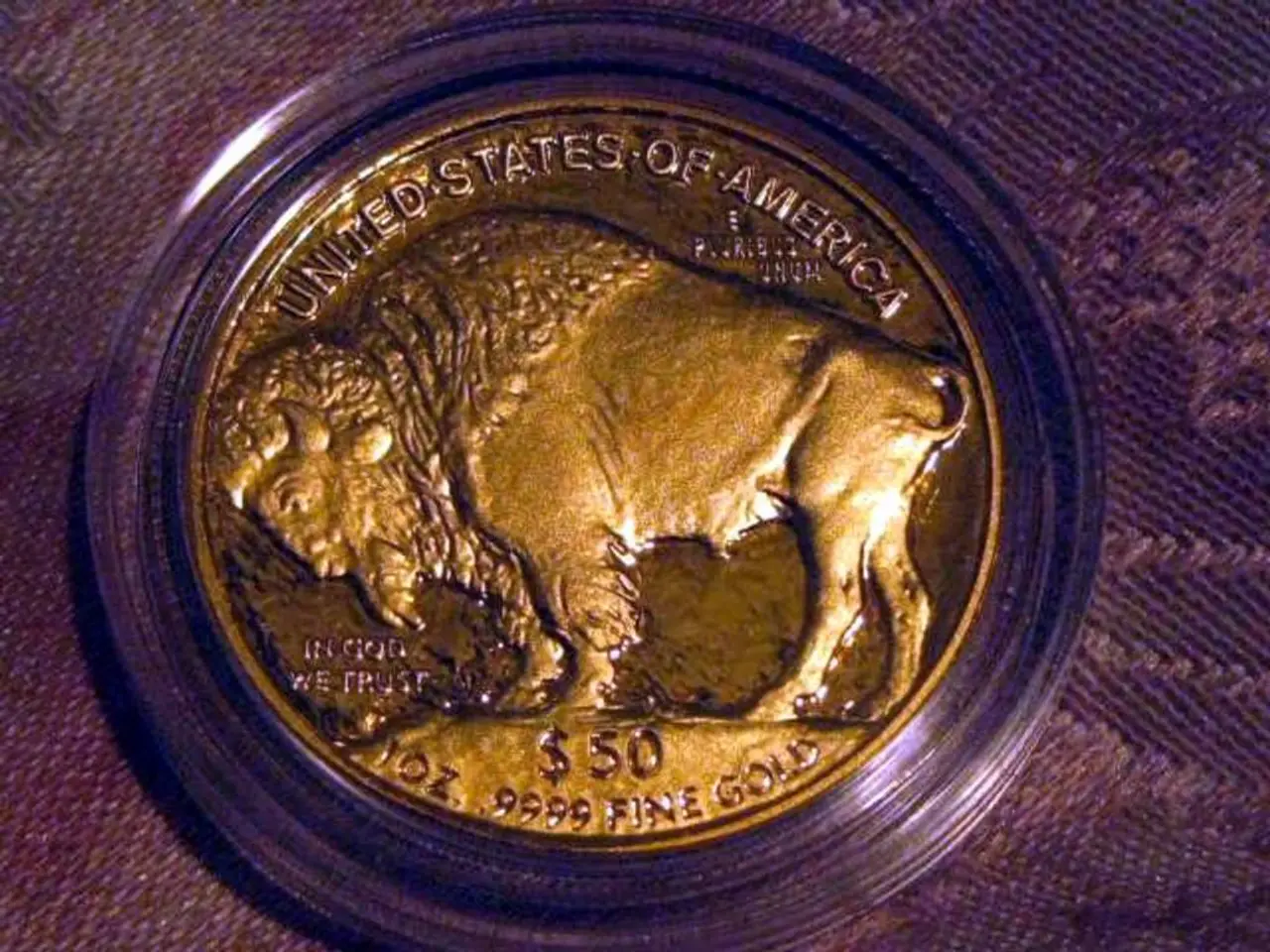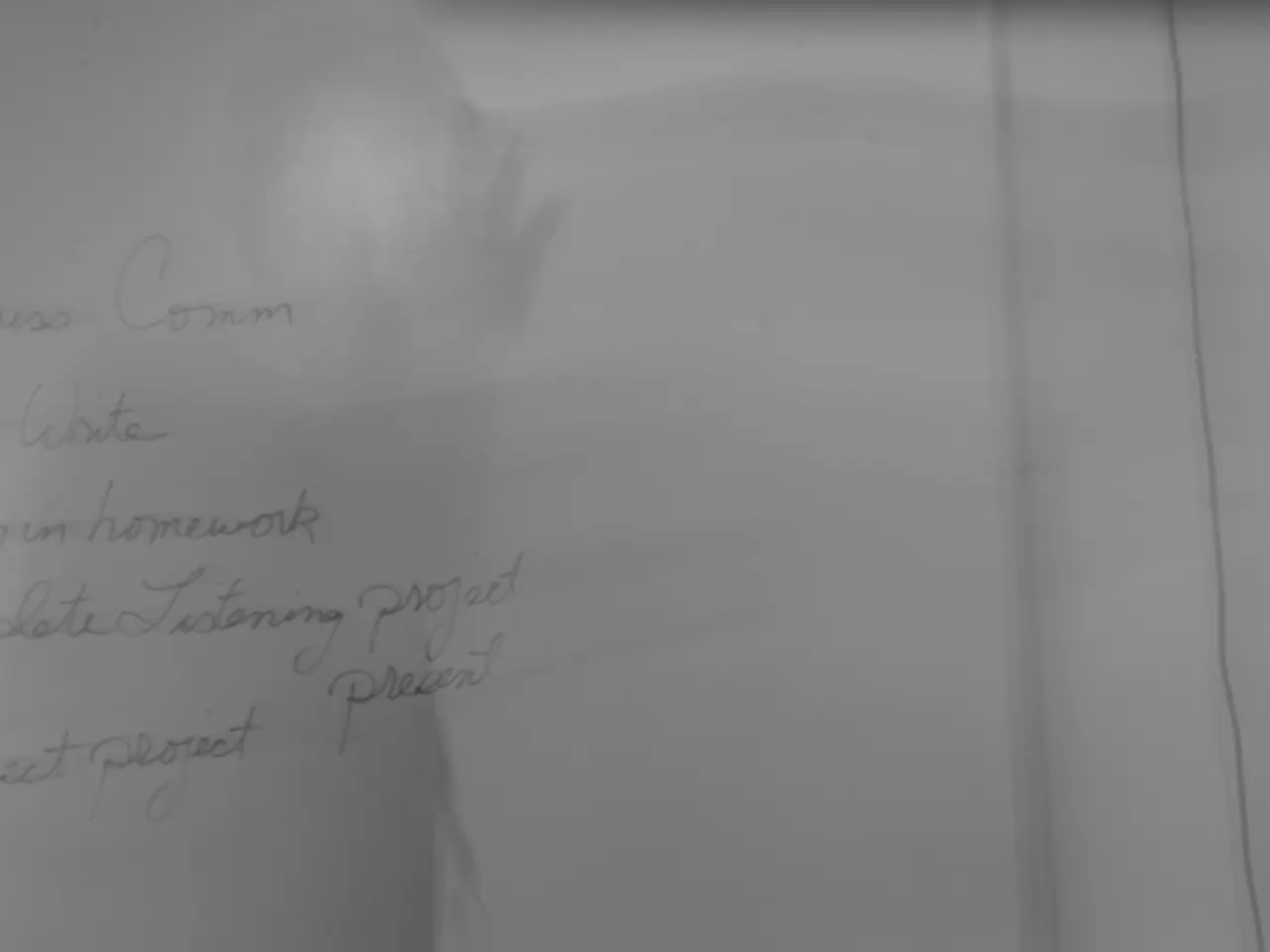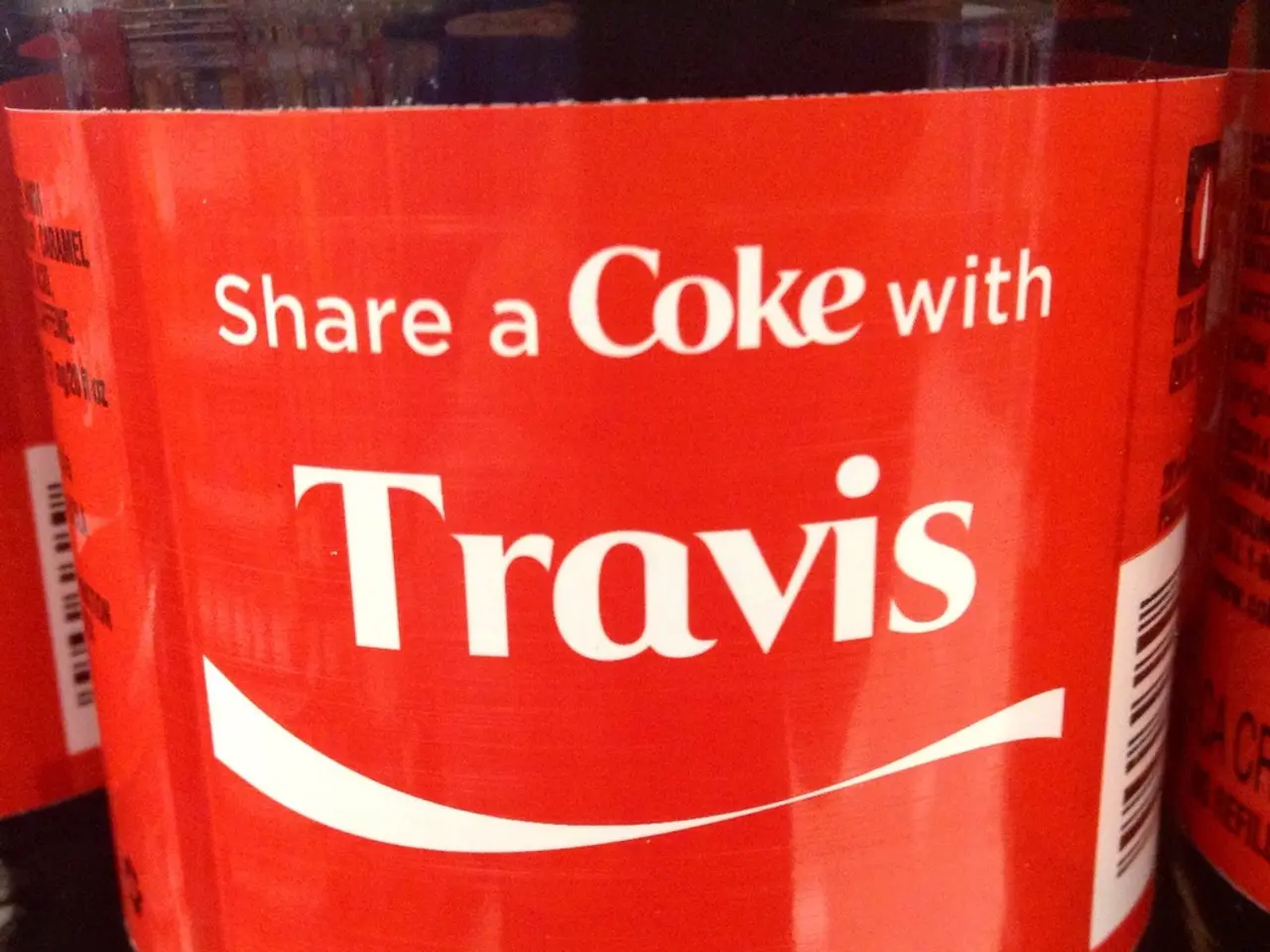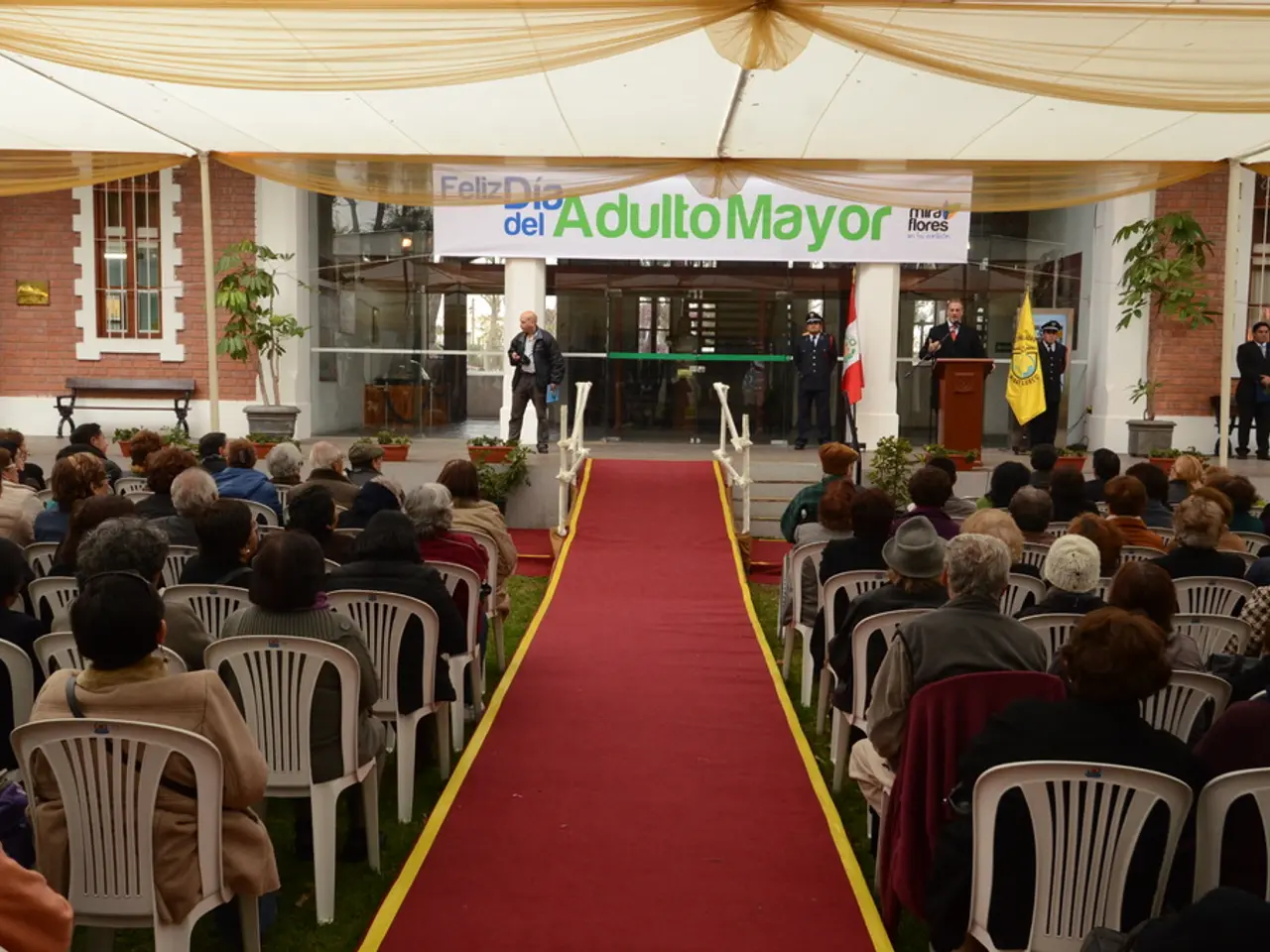Washington visit for Lars Klingbeil: Speed-dating sessions held in Washington - Politics: Lars Klingbeil Engages in Speed Dating with Others in Washington D.C.
During Lars Klingbeil's brief visit to Washington D.C., as Germany’s Finance Minister, the focus was on addressing pressing economic and geopolitical issues with his American counterparts[1][2]. One of the key topics under discussion was the potential impact of tariffs on various sectors, including pharmaceutical products, semiconductors, steel, and the automotive industry[5]. However, the details regarding these implications remain unclear at this time.
Klingbeil's visit, described as a "speed-dating" affair due to the limited time and numerous appointments, aimed to provide a better understanding of the American perspective on the trade dispute and potential next steps[2]. The meetings, held behind closed doors without accompanying press, were intended to foster constructive dialogue and lay the groundwork for future negotiations[1].
The Vice President of the USA, JD Vance, was away during Klingbeil's visit, but the main purpose of the trip was for meetings with his US counterpart and the World Bank president[1]. Klingbeil emphasized the importance of Europe being a strong force to stand up to the USA more self-confidently, particularly in response to the tariffs that he believes Europe has been too weak in addressing[2].
Klingbeil's visit to the US Department of the Treasury was scheduled for noon, and he traveled with a small delegation during his visit[1]. Despite the brief duration, the visit was significant as it marked the beginning of direct, high-level communication between Germany and the United States to manage global challenges effectively[1][2].
In the spirit of fostering dialogue and cooperation, Klingbeil emphasized that Europe should sit down again to discuss the US tariffs[1]. He also mentioned the cooperation of the G7 and G20 as topics for discussion with his US counterpart[1]. Concrete results were not expected from Klingbeil's visit to the USA, but the intention was to establish a reliable basis for dialogue and agreement frameworks that could facilitate smoother transatlantic economic policies and joint action in multilateral organizations[1][3][4].
The trade dispute is causing uncertainty in Europe and Germany, and Klingbeil's visit to the USA was an important step in addressing these concerns head-on[1]. As the Vice Chancellor and Minister of Finance of Germany, Klingbeil's inaugural official trip to the US underscored Germany’s commitment to working closely with the US on global economic stability and geopolitical issues[1][2].
[1] Reuters, (2023). Lars Klingbeil visits Washington, D.C., to discuss trade tariffs and transatlantic cooperation. [online] Available at: https://www.reuters.com/business/finance/lars-klingbeil-visits-washington-dc-discuss-trade-tariffs-transatlantic-cooperation-2023-06-01/
[2] BBC News, (2023). German Finance Minister Lars Klingbeil visits Washington, D.C. [online] Available at: https://www.bbc.co.uk/news/world-us-canada-65112640
[3] Financial Times, (2023). Klingbeil's visit to Washington, D.C.: a chance to strengthen transatlantic cooperation. [online] Available at: https://www.ft.com/content/0925c6e4-21f6-41f4-911b-c33a41e8c1b8
[4] The Washington Post, (2023). Klingbeil's visit to Washington, D.C.: what to expect and why it matters. [online] Available at: https://www.washingtonpost.com/business/2023/06/01/klingbeil-washington-dc-trade-tariffs-transatlantic-cooperation/
[5] Politico, (2023). Klingbeil raises potential steel export quotas in discussions with US counterparts. [online] Available at: https://www.politico.eu/article/klingbeil-raises-potential-steel-export-quotas-in-discussions-with-us-counterparts/
The Commission, in light of Klingbeil's emphasis on European unity, might be asked to submit a policy-and-legislation proposal for a directive on the protection of workers from the risks related to exposure to ionizing radiation, especially considering the ongoing trade dispute and the need for general-news policies to address continuing geopolitical issues.
The discussions between Klingbeil and his US counterparts about the prospective impact of tariffs on various sectors have stirred political interest, as the outcomes could significantly influence trade agreements and shape future economic and geopolitical policies.







